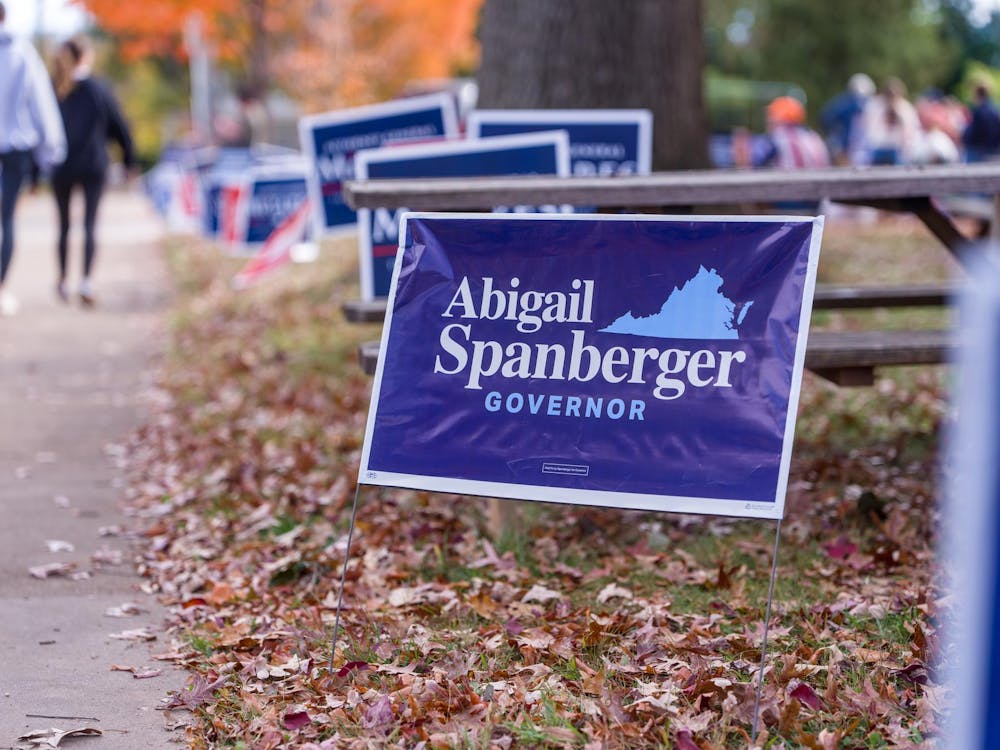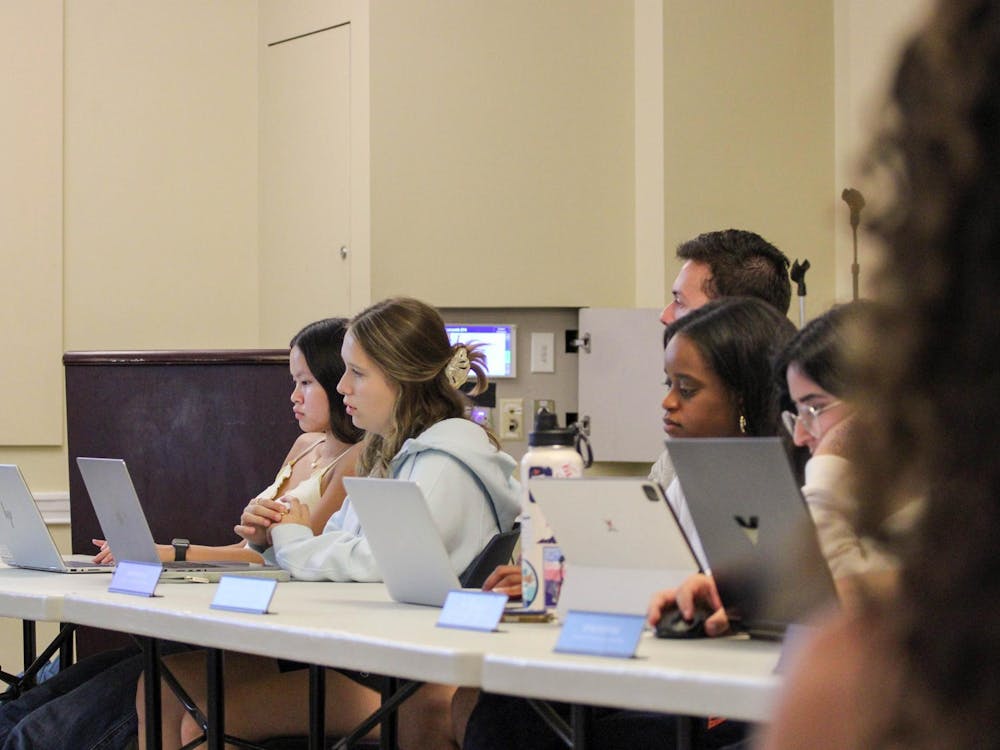In the wake of Sept. 11, state spending on higher education throughout the nation has grown by the smallest rate in five years. These findings were released this week in a survey conducted by the Center for the Study of Education Policy at Illinois State University.
The survey includes all general-fund appropriations for higher education needs other than construction. It shows that for the budgets states adopted for the current 2001-02 fiscal year, aggregate appropriations for higher education rose by a total of 4.6 percent. In the previous two years, annual increases have been about 7 percent.
But according to the survey, some states fared better than others. Fifteen states, many of which are in the nation's western region, were able to continue devoting money to higher education and had increases in spending by 7 percent or more.
But in 13 states, higher education was not appropriated enough new money to stay ahead of inflation. Five of those states, Florida, Iowa, Massachusetts, Mississippi and Nebraska, adopted budgets that called for reductions in higher education spending.
Virginia ranked 28th for its increases in higher education funding. On average, funding rose 3.2 percent throughout the state.
But some officials warn that Virginia's numbers in the survey are somewhat deceiving.
"Virginia is not extravagant for funding of higher education," said Larry Hincker, associate vice president for university relations at Virginia Tech. Virginia ranks "relatively low in per-student support" compared to other states, Hincker said.
A December 2000 report by the Joint Commission on the Study of Higher Education Funding Policy revealed that Virginia institutions of higher education were under-funded by $2 million, Hincker said.
Some blame the situation on the economy. The lesser increases in higher education "reflect the hard times the economy has had throughout the country," University spokeswoman Louise Dudley said.
Higher education funding has "fallen into the discretionary category" because of difficult economic circumstances, Dudley said.
"All of us are having difficulty [because we are] getting by with appropriations that are less than they should be," Hincker said.
Some institutions around the state have had to freeze hiring because of the budget shortfalls.
At the University, hiring has been frozen in the College, Education School and Architecture School.
Although hiring has not been frozen universally, many departments are trying to conserve funds where they can. Some are postponing searches for new faculty members and holding positions vacant for an unusually long period of time, Dudley said.
"We don't know what's going to happen" with the economy, Hincker said.






